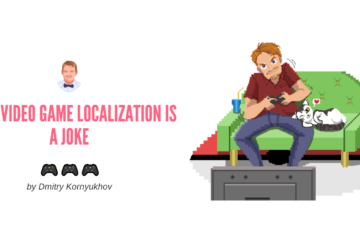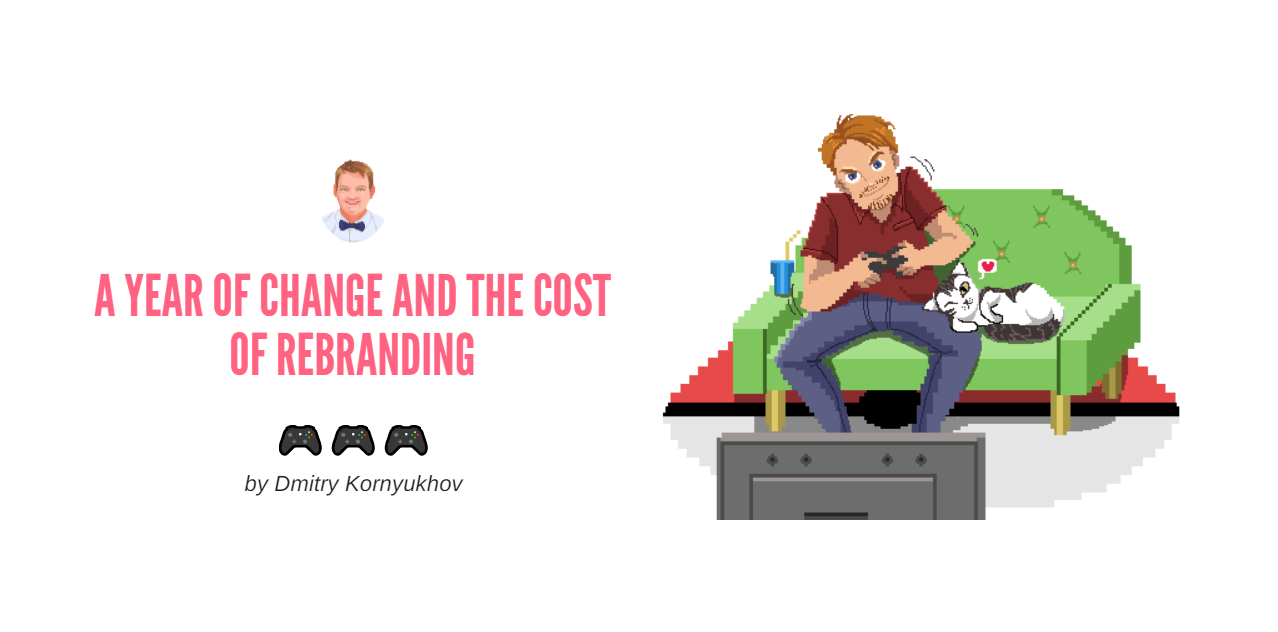Online Visibility Is Important
Reading time: [reading_duration] [/reading_duration]
There is no doubt about that. We live in the world where digital technologies are developing with a speed of light.
We’re always connected. One way or another.
Even when we sleep there is always someone somewhere “talking” to you.
Replying to your comment.
Sending you a direct message.
Mentioning your name in the conversation with another person.
[bctt tweet=”It’s crazy, how everything you do or say leaves a digital footprint.”]
Just to give you a little example. I had a very interesting conversation with my Russian colleagues the other day. Someone has shared my website as an example of an outstanding way an English-Russian translator can promote his/her translation services. And this post sparked a heated debate whether I can or cannot use the name Best Russian Translator as the name of my brand.
Is it ethical?
Is it misleading?
Narcissistic?
I quite agree, you know. The core message might be a little bit over the top here.
But hey! That’s why I love my Russian colleagues, – they always tell you the truth in the most straightforward way possible.
I learned a lot and this feedback will help me improve my image and the image of my personal brand.
So I should thank Konstantin Lennykh for sharing and starting this discussion in the first place.
But There Was One Particularly Interesting Comment…
A fellow translator doubted my translation abilities due to my age (although why would that matter?) and to prove the point he managed to dig up some pretty interesting information.
He found an 8-year old comment of mine.
A comment that was riddled with typos.
A comment that was posted in a long-forgotten discussion group.
I didn’t even remember what that was all about. But by the looks of it, I was using a so-called Padonkaffsky jargon or Olbanian. A cant language, used by Runet subculture in early 2000 that can be compared to English-based Leet.
And, of course, his conclusion was that “this is not the way a professional English-Russian translator and linguist should write”.
Do You Understand What Just Happened There?
Somebody just read my 8-year old comment. A comment that was taken out of context. A comment that was meant to be read by a particular person in a particular situation.
The problem is: 2.94 billion people can see that comment too. Yes, according to Statista portal: “2.94 billion is the number of Internet users.”
2.94 billion people can see everything you write. Or post. Or publish.
And just like in the example above they will draw their own conclusions about your abilities, your professionalism, your personality.
[bctt tweet=”When it comes to your online visibility, you have to take it seriously.”]
Because you’ll never know, maybe a potential customer is reading your comment right know.
And based on what you’ve written this potential customer can either become your real customer or turn around and say: “Hell, no! I don’t want to work with this translator. I do not share his/her views, and frankly, I don’t think he/she is a professional translator”.
It’s true.
This is how a human mind works.
We judge other people on a daily basis.
Based on their views, comments, photos, beliefs.
And we make our own conclusions and assumptions based on what we see or read.
How Can You Improve Your Online Visibility As A Translator?
I would start with: writing meaningful comments.
Think about all those 2.94 billion people who will be reading this.
Every keystroke you make will cause a reaction in the minds of your readers.
People will hate you, love you, want to argue with you or share their stories.
Of course, an occasional LOLing or OMGing never hurts. You’re human after all.
Just remember: everything you write can be used against you. Or not. Maybe that thoughtful comment you wrote on someone else’s blog will lead to a sale. Or not. You are the only one in control here.
So how do you improve your online visibility as a translator?
Simple.
Just write.
Share your ideas.
Discuss the challenges and opportunities of our profession with your colleagues.
And watch how the perception of you changes in the eyes of other people.
Because that way you’re building an authority. The authority that will still be there 8 years later.
I don’t believe that you have nothing to say. You do.
So don’t be silent.
Speak openly about the challenges and problems of our profession. Of YOUR profession.
Show everyone that you care.
Because this is the only way to change things.
So what do you say?




4 Comments
Allison Wright · June 30, 2015 at 3:22 am
Online visibility, and fear of damage to their professional reputation, is precisely why so many translators do not comment on blogs.
I have just checked, and sure enough, a compliment I paid someone who used to publish a free e-zine for translators is still there. It was my first online comment, dated 2000!
Enhanced search engine capabilities mean that images and texts can now be searched easily.
I would agree that writing – especially on one’s own blog – is the best remedy, because even images are linked to websites where they appear. If you write a lot, those images will be linked to your blog, which at the very least provides a broader context and increases the chances of a reader receiving a more balanced view of the person behind the comment or the image.
Dmitry Kornyukhov · July 1, 2015 at 2:46 pm
Great point Allison! Indeed, every time you write a comment there is always a possibility to link it to your website or any other online profile. It’s a great way to market yourself and drive traffic to your own website.
Jesse · June 30, 2015 at 9:09 pm
Hello Dmitry,
Eek! I love commenting on blogs. This is a good reminder about being professional. But more what I am seeing here is: You’ve clearly made it! People are looking up EIGHT YEAR OLD comments that you wrote! You deserve a pat on the back here.
Dmitry Kornyukhov · July 1, 2015 at 2:43 pm
Thanks, Jesse! Actually it was just a part of the story. He also found a very old resume of mine where my only experience was waiting tables in an Irish Pub and one 6-month long interpreting gig I did during my final year of university. He also found my DOB which was kind of creepy.
His point was: “How could someone so young and with not that much of experience under his belt call himself “Best Russian Translator”.
Well… like someone once said, you never really made it until you’ve started pissing people off. I guess I’m on the right track then.